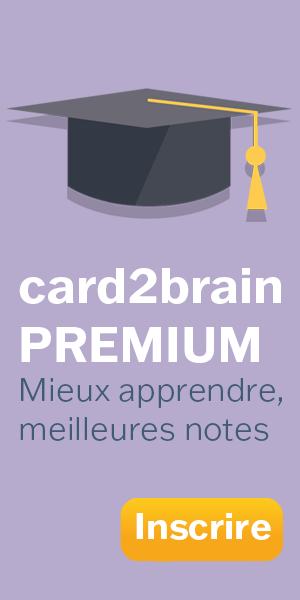Introduction to English Linguistics
Universität Paderborn
Universität Paderborn
19
0.0 (0)
Fichier Détails
| Cartes-fiches | 19 |
|---|---|
| Langue | English |
| Catégorie | Anglais |
| Niveau | Université |
| Crée / Actualisé | 21.01.2015 / 16.01.2017 |
| Lien de web |
https://card2brain.ch/box/introduction_to_english_linguistics1
|
| Intégrer |
<iframe src="https://card2brain.ch/box/introduction_to_english_linguistics1/embed" width="780" height="150" scrolling="no" frameborder="0"></iframe>
|
